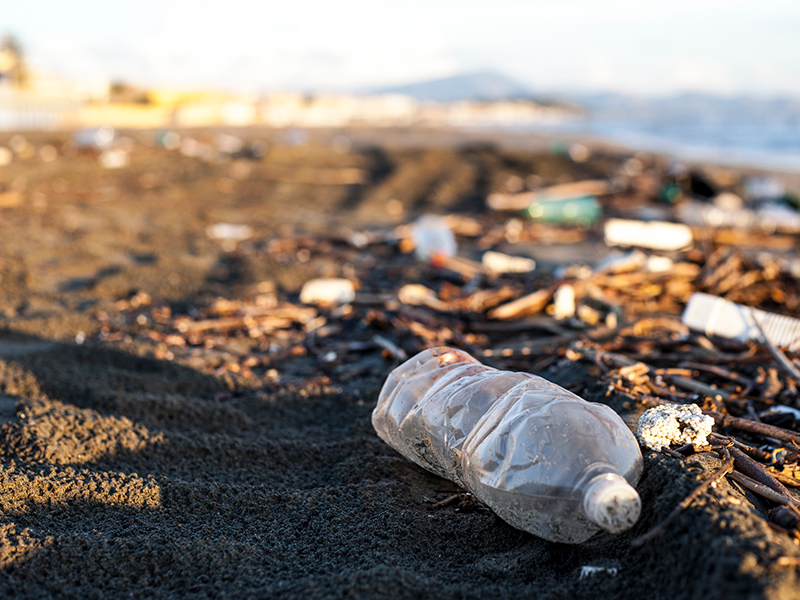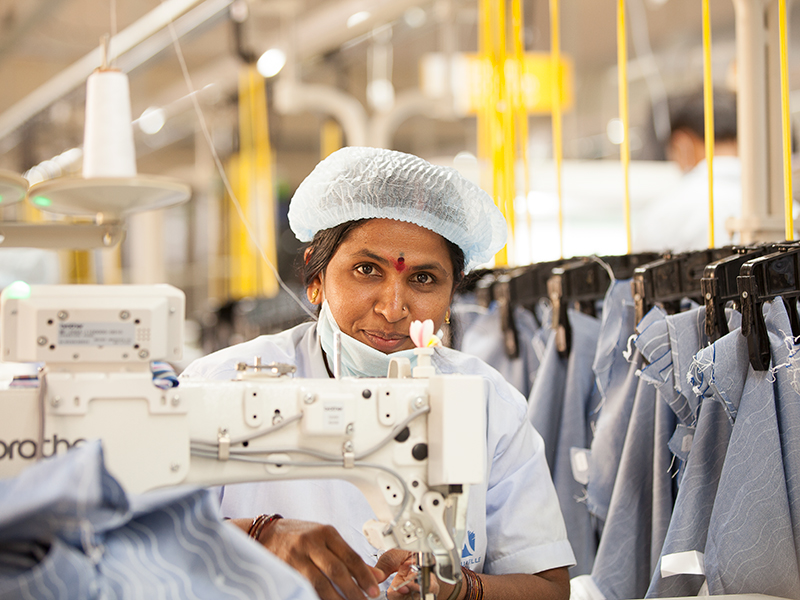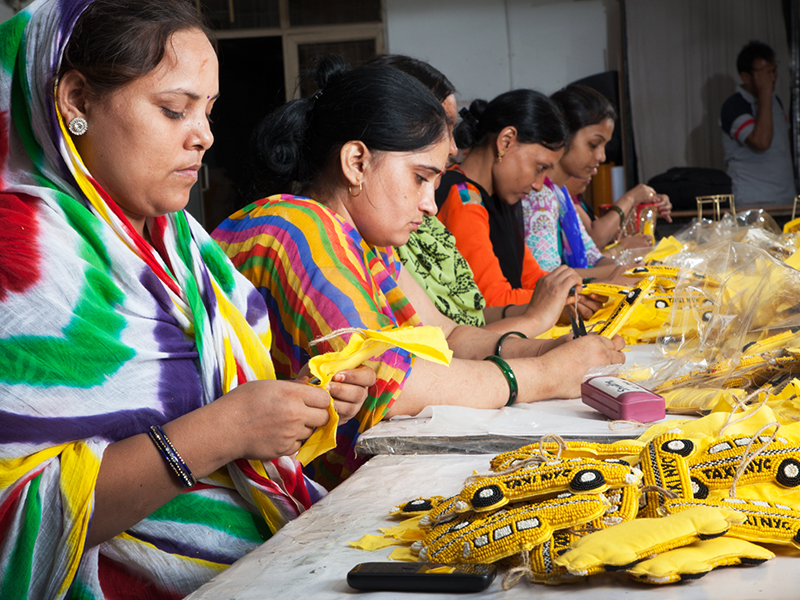
Is This the Beginning of the End for Impunity?
Impunity is a daily issue in the lives of many who work in governance, risk, and compliance, but the structures supporting impunity in both public institutions and private organizations seem to be growing less reliable.

Steps to Create Your Company’s Renewable Energy Strategy
To create your renewable energy strategy, you must identify your company’s motivations, adopt supporting goals and commitments, and identify available internal resources.

How Do We Solve the Plastic Waste Puzzle?
There are six feasible and realistic actions that businesses, particularly in Asia Pacific, can take to help prevent plastic from becoming waste.

How to Implement the TCFD Recommendations to Enhance Your Company’s Resilience
Businesses should approach TCFD recommendation implementation not merely as a disclosure exercise, but as an important opportunity to enhance their strategic resilience.

How Luxury Can Lead the Future of Sustainable Business
The luxury sector is being disrupted. What is the role of luxury to help drive environmental and social progress?

Join Us to Empower 1.6 Million Women Workers through HERproject by 2022
We are proud to launch a new strategy for HERproject to double our impact and improve the well-being, confidence, and economic potential of women working in global supply chains.

Global Climate Action Summit Update—Will We See You There?
We hope you join us in San Francisco this September, as our collective efforts must lead to a turning point by 2020 in order to prevent the worst effects of climate change.

Three Climate Commitments for the Railway Sector
Transportation is one of the few sectors where greenhouse gas emissions are still rising. Here's how the railway sector can help reverse that.

Making Data Work for Women
BSR is proud to lead a major new initiative to develop a gender data framework for global supply chains.

How to Prevent Your Sustainability Collaboration from Failing
Learning from both the failures and successes helps to ensure that future collaborations do not repeat the mistakes of the past. Here are our recommendations for addressing them.

Building Responsibly Announces Worker Welfare Principles
Building Responsibly has developed a set of Worker Welfare Principles that establish a common, global baseline for the treatment of workers in the engineering and construction industry.

Announcing a New Collaboration Using Tech to Combat Human Trafficking
A coalition of global technology companies, civil society organizations, and the UN have come together to launch “Tech Against Trafficking,” a collaborative effort to further support the eradication of forced labor and human trafficking.

Sustainability Standards Driving Impact for Women in Global Supply Chains
Here's how multistakeholder initiatives and sustainability standards organizations can further invest in progress on gender issues.

What the Right to Own Property Means for a Land-Based Sustainable Business
This is the second in a series of blog posts where we and a BSR member company review how business respects individual articles in the Universal Declaration of Human Rights.
